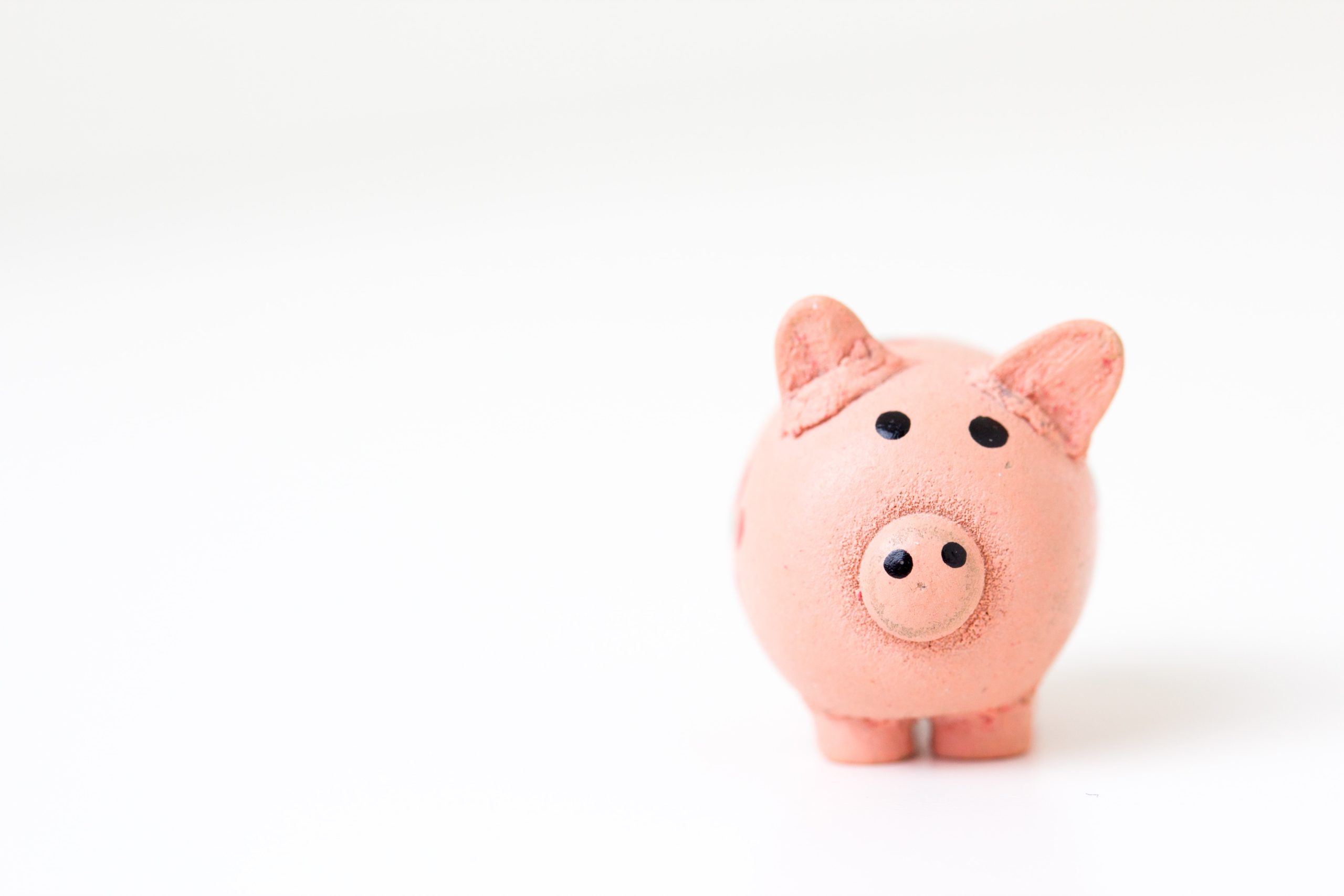In addition to checking and savings accounts, there are a number of other types of “accounts” or investments that individuals can use. As we talk about on the article about investing, each investment or account type has varying amounts of risk of losing invested or deposited money.
When people want to put their money away safely where it can grow with low risk of losing that money, there are several options that are most popular. These “safe” options are less risky than other investments, so the average return on investment (e.g. interest rate) are lower and more consistent than other investments.
Two examples of “safe” account types that are not savings accounts are:
- Money Market Accounts
- Certificates of Deposit (CDs)
Money market accounts are functionally very similar to savings accounts. They are offered by banks and credit unions, include insurance protection for deposits, and have higher interest rates than traditional savings accounts. The reason why they can offer higher savings rates is related to banks being able to use money market account deposits in a wider variety of ways than they can with traditional savings account deposits. Unlike many savings accounts, money market accounts can often have check-writing privileges and may even have debit cards associated with accounts. However, money market accounts have additional restrictions on numbers of transactions, required minimum balances, and additional fees that traditional savings accounts do not have.
Certificates of deposit – known as “CDs” – are another savings vehicle where individuals “lock up” their money for a certain period of time and then receive the money back with interest at the end of that period. CDs are offered by banks and credit unions, and generally offer higher interest rates than savings accounts. However, once you put money into a CD, you do not have immediate access to that money until the end of the predetermined lock-up period. If you really need to get your money out early, you can withdraw your money but pay a certain penalty – usually a certain amount of the interest you would have earned.



